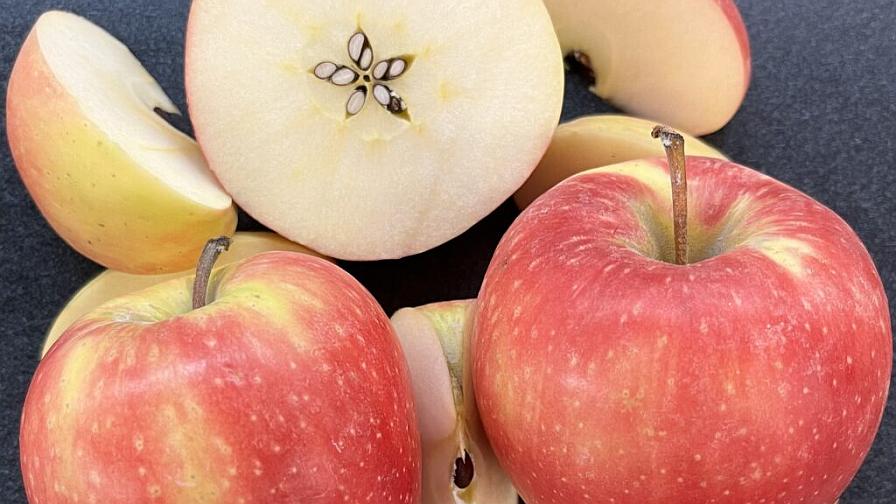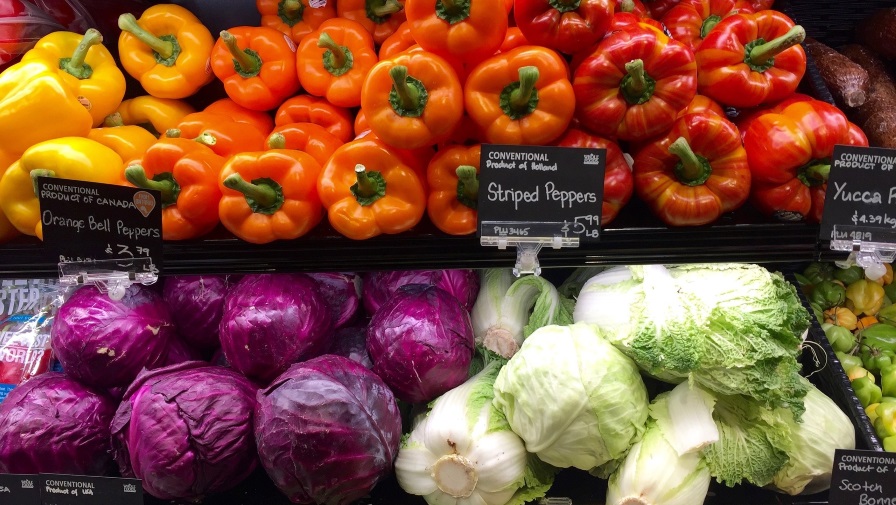Workshop On Winery Water Management Draws A Crowd
On April 22, nearly 60 people gathered at the Tri-cities campus of Washington State University for a session focusing on the basics of process water treatment. The Workshop On Sustainable Management of Winery Water was one of several held throughout the U.S. including New York and California.
The workshop utilized the Comprehensive Guide to Sustainable Management of Winery Water and Associated Energy as a textbook. The guide was developed in part by funds from the American Vineyard Foundation and Pacific Gas & Electric Company with guidance and support from the National Grape and Wine Initiative (NGWI). It provides a set of tools for wineries of all sizes to use in realigning existing facilities or designing new facilities to achieve goals for sustainable management of winery source water and wastewater with the ancillary benefits of increasing energy efficiency and reducing greenhouse gas generation. The guide is consistent with NGWI’s vision for the U.S. grape and wine industry to be a world leader in sustainability. The workshop was also supported by the work of the Winewise Committee. (Winewise is the Washington State Guide to Sustainable Wineries which will be an online, interactive guide of business and winery management topics to determine and assess current management practices against industry standards of sustainability.)
Sponsored by Ste. Michelle Wine Estates and the Washington Association of Wine Grape Growers, the workshop detailed the guidebook methods and tools for evaluating winery operations as well as outlining the steps for identifying and implementing changes to reduce winery water use, process water generation, and the energy associated with moving water and wine. The workshop began with a regulatory overview presented by the Washington Department of Ecology. Two interactive sessions took place, where participants discussed options they could implement and the potential impact of those changes in terms of equipment, personnel, procedures and cost. A key take-home message was that certain procedural changes, if diligently implemented, can lead to measurable performance improvements without extensive capital outlays. This was validated by a case study of accomplishments at Snoqualmie Winery. Discussion of the guidebook was bolstered by informative presentations on energy efficiency incentives and rebate programs available to wineries through Bonneville Power Administration and Pacific Power in partnership with local power utilities including Benton PUD and Benton REA.
Workshop speakers included: Bob Chrobak, Stuart Childs and Sharon Melmon from Kennedy-Jenks, Joy Andersen of Snoqualmie, Blair North of Ste. Michelle Wine Estates, Vicky Scharlau with the Washington Association of Wine Grape Growers, and Tom Tebb of the Department of Ecology.










